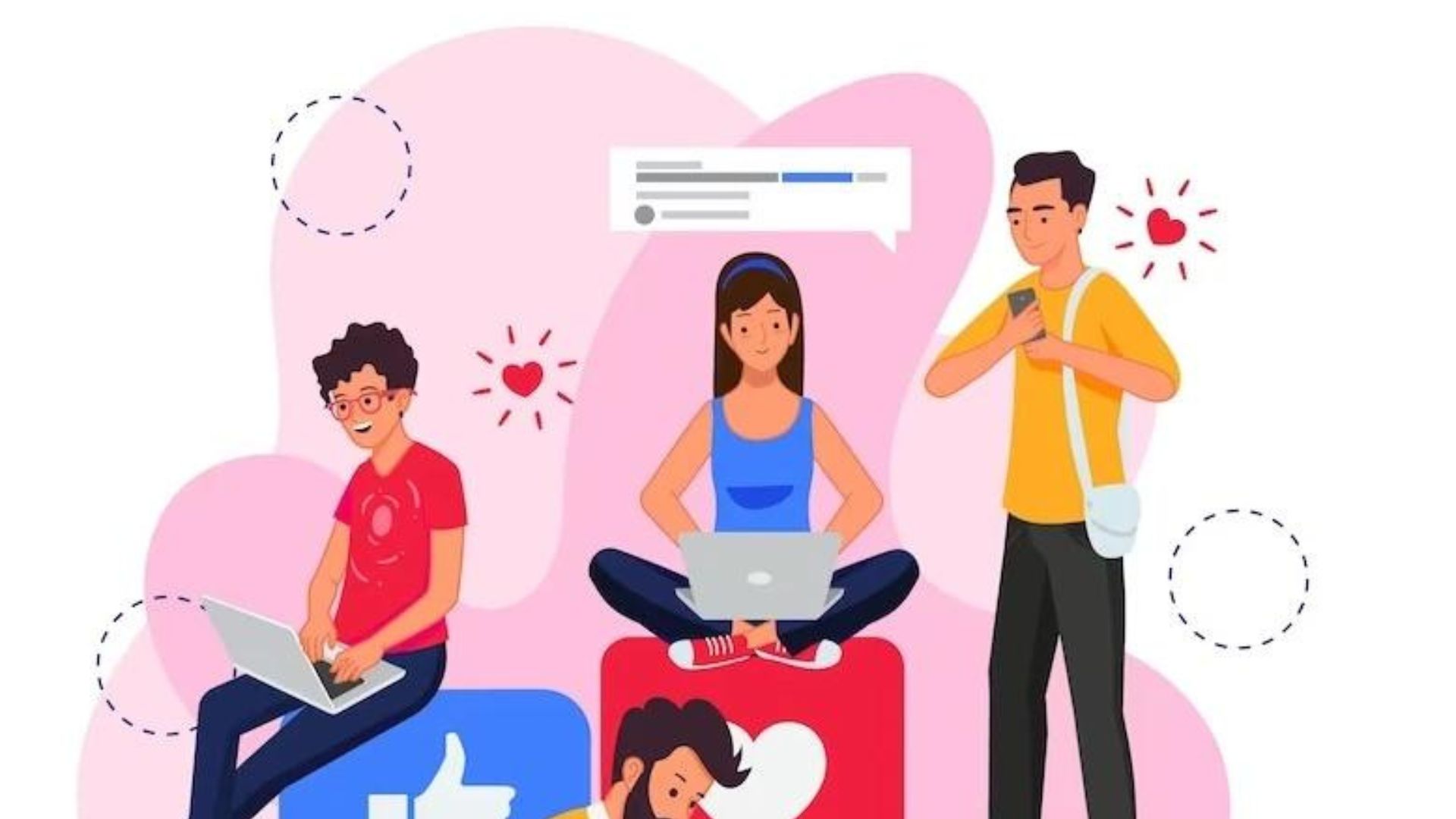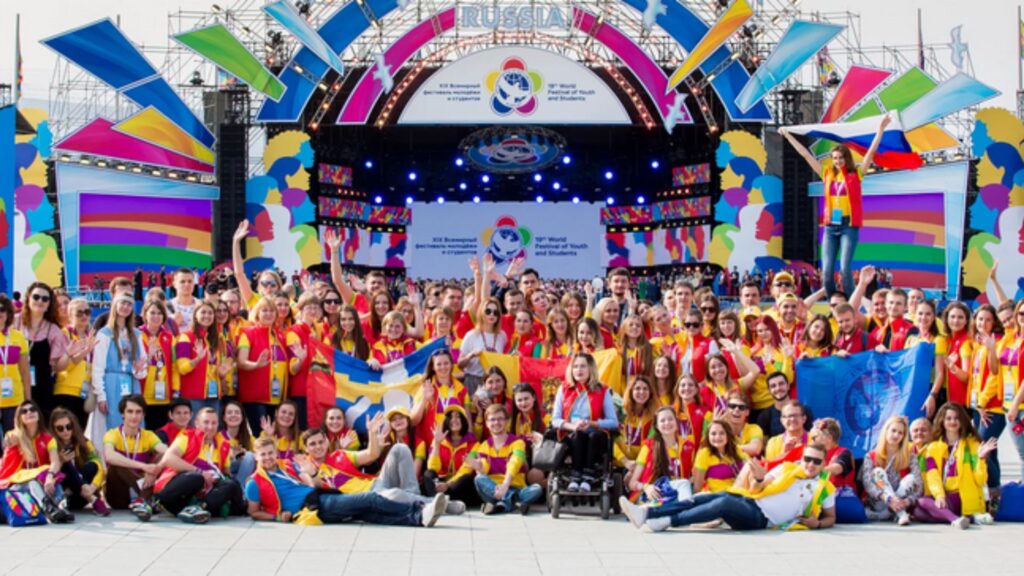|
Getting your Trinity Audio player ready...
|
Social media on youth impacts mental health, socialization, and self-esteem, highlighting both its benefits and potential drawbacks. The digital age has ushered in an era where social media platforms are profoundly influencing the lives of today’s youth. With smartphones and internet access becoming increasingly accessible, young people are spending more time on social media platforms than ever before. This unprecedented connectivity has reshaped how they communicate, consume information, and perceive the world around them.
Impact on Mental Health
One of the most concerning aspects of social media’s influence on youth is its impact on mental health. Constant exposure to curated images and unrealistic standards on platforms like Instagram and TikTok can contribute to body image issues, low self-esteem, and even eating disorders. Studies have shown a correlation between excessive social media use and symptoms of depression and anxiety among adolescents. The pressure to maintain a flawless online persona can exacerbate feelings of inadequacy and social isolation, leading to detrimental effects on mental well-being.
Challenges in Relationship Building
While social media offers connectivity and the ability to stay in touch with friends and family, it also poses challenges to genuine human connection and interpersonal skills. Platforms like Snapchat and WhatsApp facilitate instant communication, but they often lack the depth and intimacy of face-to-face interactions. Social media interactions can be superficial, leading to a decline in empathy and meaningful relationships among young people.
Shaping Societal Norms
Beyond individual well-being, social media also influences societal values and perceptions. The rise of influencers and viral trends has a profound impact on shaping young people’s aspirations, lifestyle choices, and cultural discourse. From fashion trends to political ideologies, social media platforms serve as echo chambers where ideas are amplified and normalized. This can have both positive and negative consequences, as it promotes inclusivity and diversity while also perpetuating harmful stereotypes and misinformation.
Opportunities and Benefits
Despite its drawbacks, social media also provides numerous opportunities and benefits for youth. Platforms like YouTube and LinkedIn offer educational resources, career opportunities, and networking capabilities. Social media serves as a platform for self-expression, allowing young people to share their creativity, opinions, and experiences with a global audience. Additionally, it has become a powerful tool for activism and social change, empowering youth to advocate for causes they believe in and mobilize their peers for collective action.
Understanding Online Safety and Privacy
In addition to its impact on mental health and relationships, social media also raises concerns about online safety and privacy. Young users may be unaware of the risks associated with sharing personal information online, leading to potential exploitation and privacy breaches. Cyberbullying and online harassment are prevalent issues on social media platforms, further highlighting the importance of promoting digital citizenship and responsible online behaviour among youth.
Influence on Academic Performance
Another aspect worth exploring is the influence of social media on academic performance. While platforms like Facebook and Twitter can serve as distractions, newer platforms like TikTok and Instagram may also consume significant amounts of time that could otherwise be spent on studying or completing school assignments. Understanding the balance between social media use and academic responsibilities is essential for ensuring academic success among youth.
Social Comparison and FOMO
Social media often breeds a culture of comparison, where young users constantly compare their lives to others based on curated content and highlight reels. This phenomenon can lead to feelings of inadequacy and a fear of missing out (FOMO). Furthermore, individuals feel pressured to keep up with the idealized lifestyles portrayed on social media. Addressing these issues requires promoting self-awareness and encouraging young people to cultivate a healthy sense of self-esteem and resilience.
Promoting Digital Literacy and Critical Thinking
To mitigate the negative effects of social media on youth, it’s essential to prioritize digital literacy and critical thinking skills. Educators can incorporate media literacy programs into school curricula to teach students how to critically evaluate online content, identify misinformation, and navigate social media responsibly. Parents can also play a crucial role by engaging in open conversations with their children about the risks and benefits of social media use.
Collaborative Efforts for Positive Change
Ultimately, addressing the influence of social media on youth requires collaborative efforts from various stakeholders. This includes educators, parents, policymakers, and social media companies themselves. By working together to promote digital well-being and empower youth to make informed choices online. Additionally, we can ensure that social media remains a positive force for social connection, creativity, and empowerment among today’s youth.
Conclusion
As we navigate the digital landscape, it’s crucial to recognize the profound influence that social media has on today’s youth. While it offers unparalleled connectivity and opportunities, it also poses significant challenges to mental health, relationships, and societal norms. Educators, parents, and policymakers must work together to promote digital literacy and responsible social media use among young people. By fostering critical thinking skills, empathy, and a healthy balance between online and offline interactions, we can empower youth to harness the benefits of social media while mitigating its potential harms.
You might also be interested in the following:





